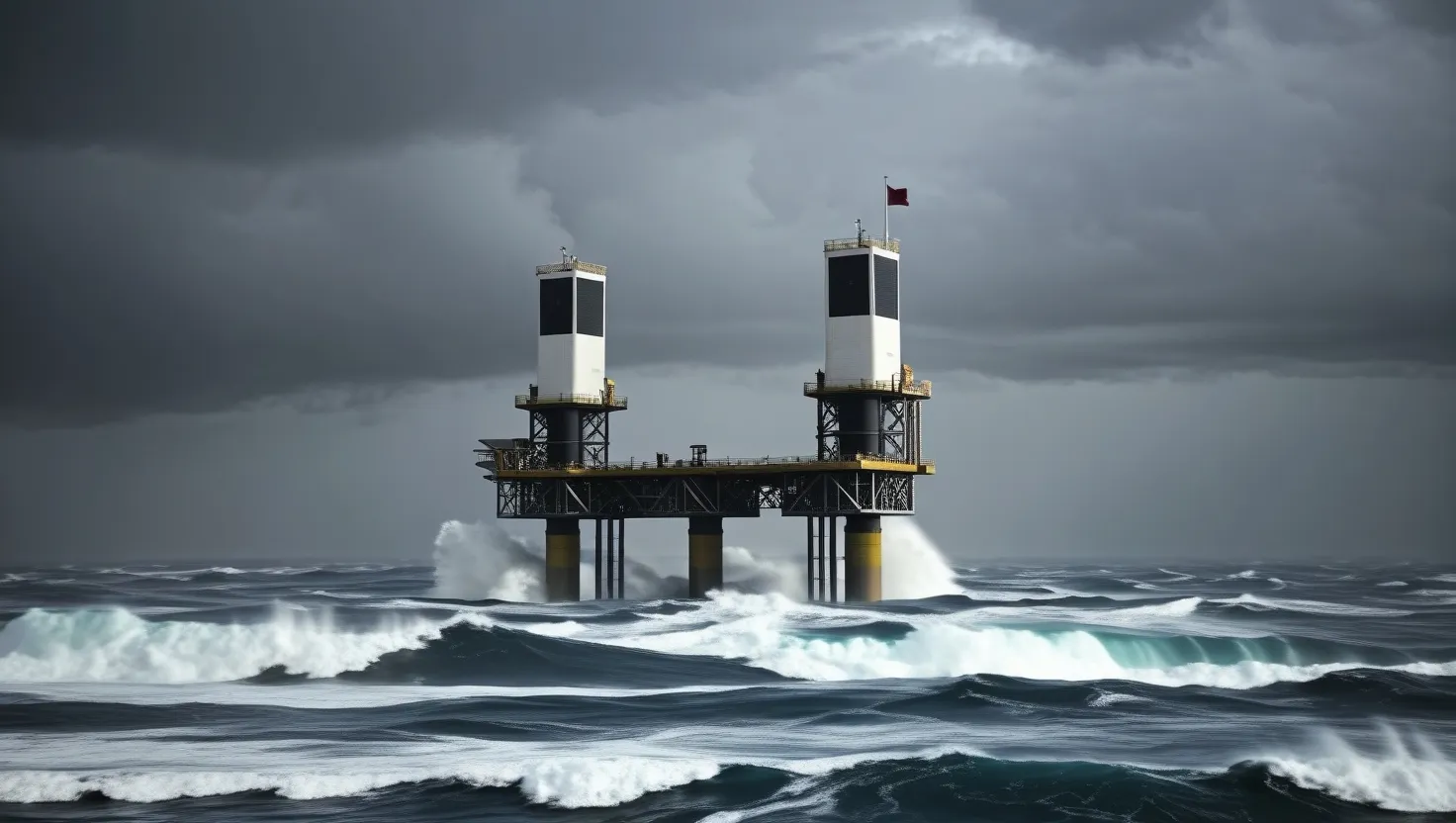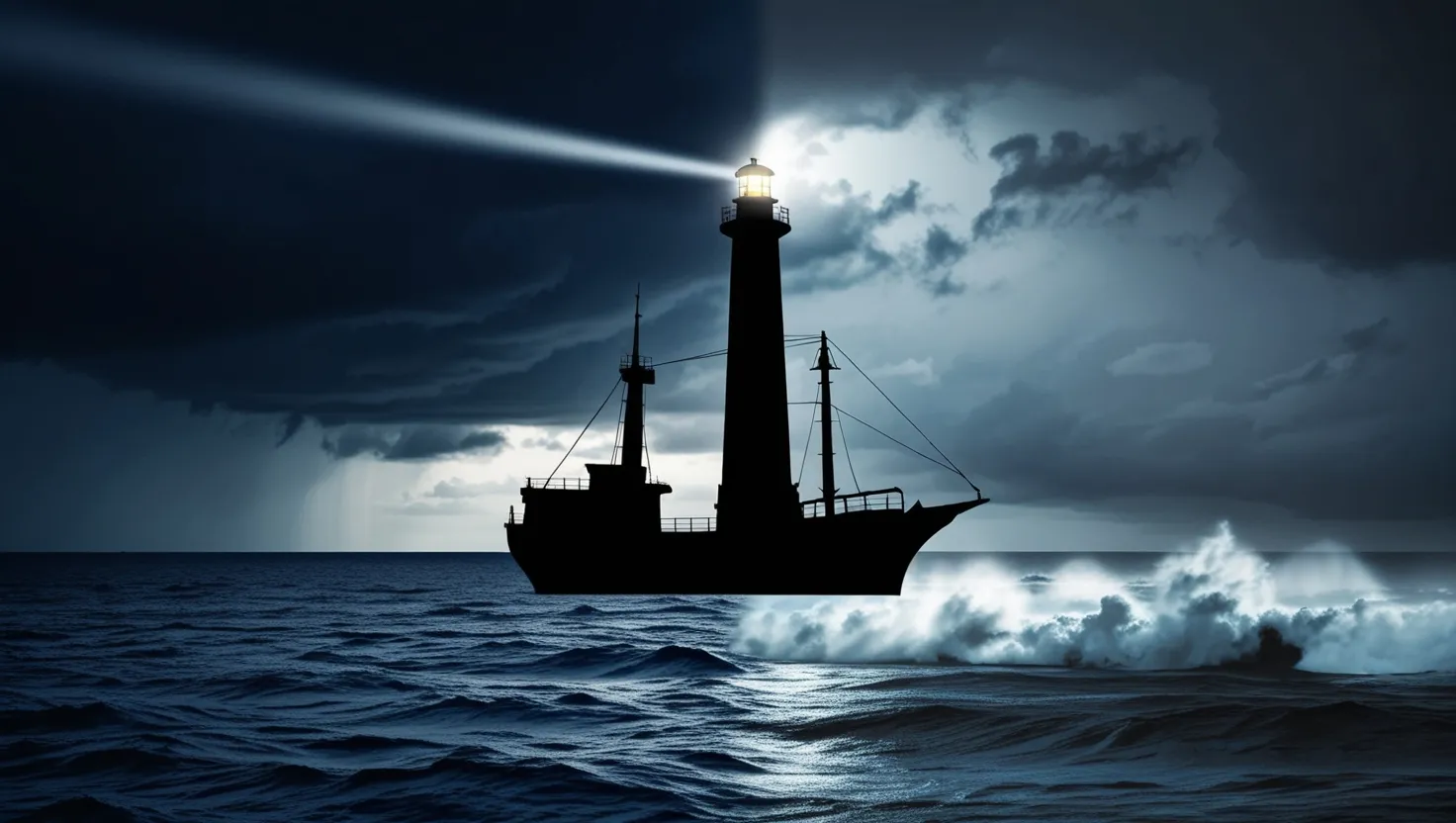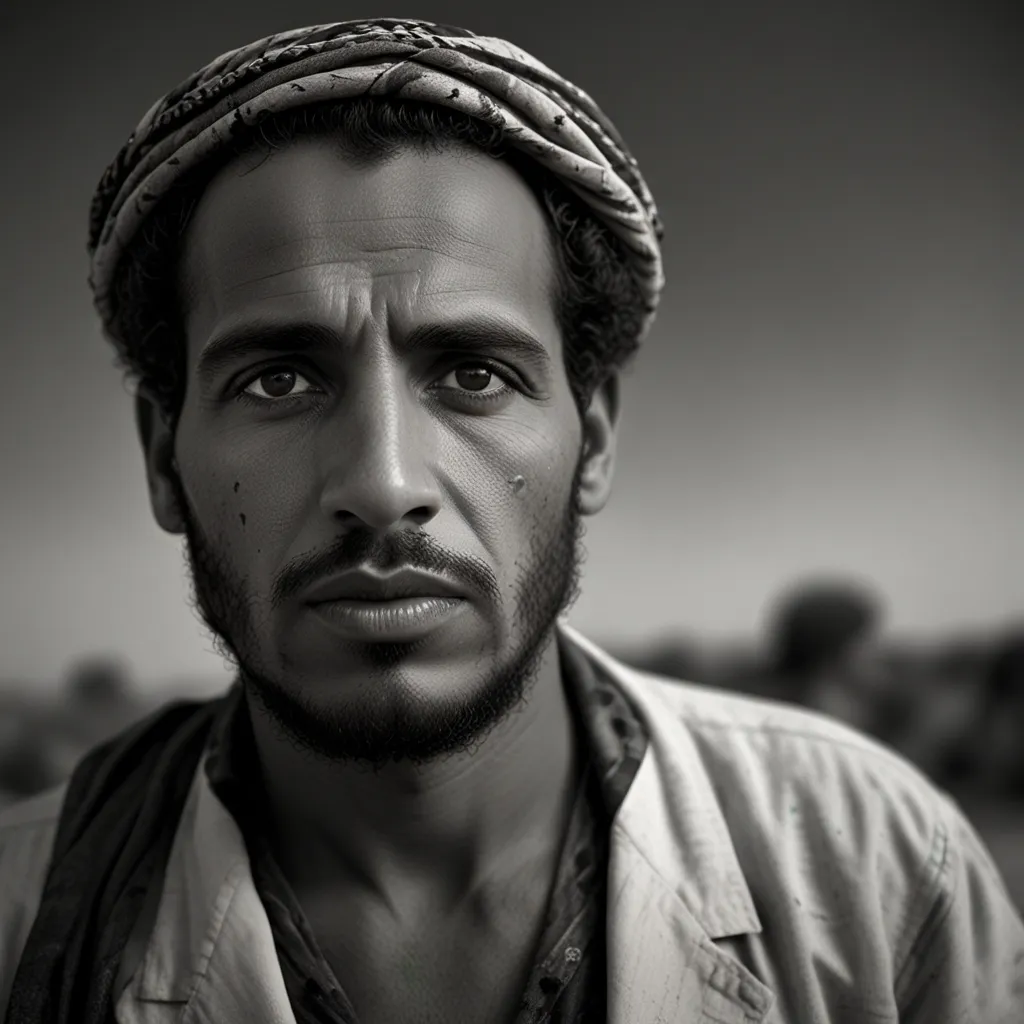In the vast expanse of the North Sea, about seven miles off the eastern coast of England, lies a tiny, enigmatic entity that has captivated the imagination of many: the Principality of Sealand. This micronation, born from the remnants of a World War II sea fort, is a fascinating case study in sovereignty, international law, and the very notion of what constitutes a country.
The story of Sealand begins with its founder, Paddy Roy Bates, a former British Army major with a penchant for adventure. In 1967, Bates seized control of HM Fort Roughs, one of the Maunsell Sea Forts built by the British to protect against German bombing raids during World War II. This fort, now known as Roughs Tower, was the perfect platform for Bates’ ambitious plan – to create his own country.
On September 2, 1967, Bates declared the independence of Sealand, naming his wife, Joan, the Princess of this new micronation. This act was not just a whimsical gesture but a serious attempt to establish a sovereign state. Sealand was tiny, roughly the size of a soccer field, but it had all the trappings of a nation: a constitution, a government, a national flag, a national anthem, and even its own currency, the Sealand Dollar.
The early days of Sealand were marked by controversy and legal battles. When British workmen entered what Bates claimed were Sealand’s territorial waters to service a navigational buoy, Michael Bates, Roy’s son, fired warning shots to scare them off. This incident led to both Roy and Michael being summoned to court in England on firearms charges. However, the court ruled that since the platform was beyond the three-nautical-mile limit of British territorial waters at the time, the UK courts had no jurisdiction over the case. This ruling was seen by the Bates family as a significant victory and a form of de facto recognition of Sealand’s independence.
Sealand’s constitution, introduced in 1975, is a detailed document outlining the principles and laws of the micronation. It includes chapters on tax, residency, and bank laws, reflecting the serious intent behind this tiny nation. The Sealand government also issued passports, postage stamps, and even a national anthem, which, though somewhat dated in its 70s synth style, adds to the charm of this unusual place.
One of the most intriguing aspects of Sealand’s history is the attempted coup in 1978. Alexander Achenbach, who had helped draft Sealand’s constitution and claimed to be its Prime Minister, hired mercenaries to take over the platform while the Bates family was away. Michael Bates was taken hostage but managed to escape and retake Sealand. Achenbach was charged with treason and held until a diplomat from the West German Embassy intervened, negotiating his release. This incident was again interpreted by the Bates family as de facto recognition by Germany.
Despite these dramatic events, Sealand remains unrecognized by any established sovereign state. However, it has gained a unique status in the world of micronations. In 2008, Guinness World Records recognized Sealand as “the smallest area to lay claim to nation status.”
The economy of Sealand is as unconventional as its existence. The micronation sustains itself through the sale of souvenirs, including stamps, T-shirts, and even personalized Sealand email addresses. The Bates family has also started selling honorary titles – for a fee, anyone can become a knight, count, or even a duke of Sealand. These sales help offset the significant costs of maintaining the fort and its operations.
In recent years, Sealand has adapted to the digital age. Prince Michael Bates, who succeeded his father as the ruler of Sealand, and his sons, Prince James and Prince Liam, are working on establishing “digital citizenship” to further fund their micronation. This move reflects Sealand’s commitment to innovation and its desire to thrive in a world where physical borders are increasingly irrelevant.
Visiting Sealand is no easy feat. The platform is inaccessible to the general public, and only special guests are allowed to board. However, for those who do make the journey, the experience is unique. The fort’s two seven-story towers, once part of a military defense system, now host a makeshift home, a gym, and even a chapel. The living quarters are Spartan, with the North Sea waves crashing against the walls, making for a less-than-comfortable night’s sleep.
Sealand’s story raises profound questions about the nature of statehood and sovereignty. In an era where global connectivity is paramount, Sealand stands as a quirky anomaly – a place where a small group of individuals has managed to carve out their own path, albeit one that is not recognized by the international community.
The Principality of Sealand is more than just a curiosity; it is a reflection of broader debates about micronations, tax havens, and internet freedom. It challenges traditional notions of what constitutes a country and highlights the complexities of international law. For the Bates family, Sealand is not just a financial venture but a symbol of freedom and the human spirit’s ability to create and sustain something entirely unique.
As Prince Liam Bates once said, “Ideas are infectious, aren’t they? What could be better than carving your own path in life and choosing your own future?” Sealand may be small, but its impact on our understanding of sovereignty and statehood is significant. It stands as a testament to the power of imagination and the enduring appeal of the unconventional.






